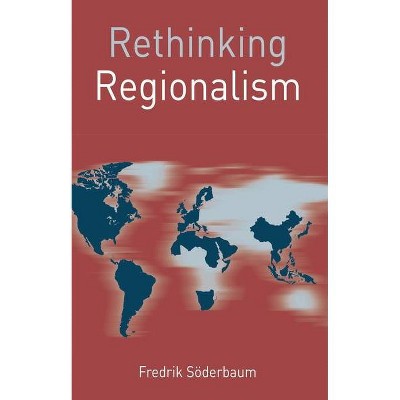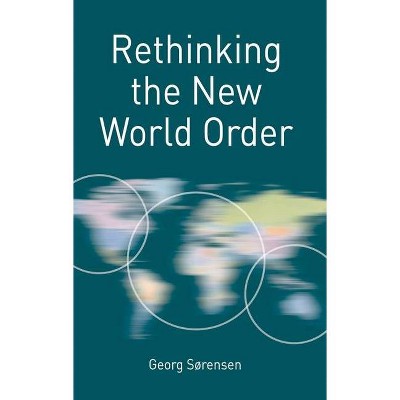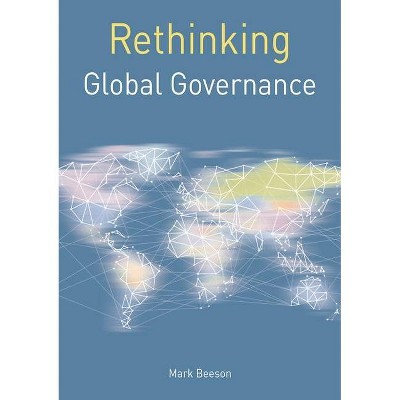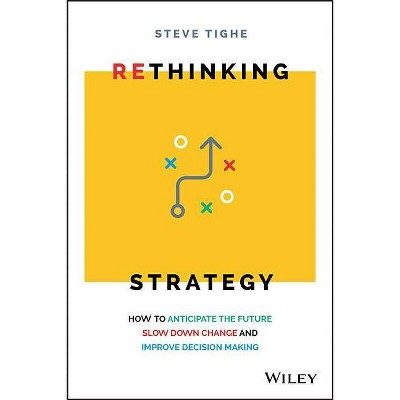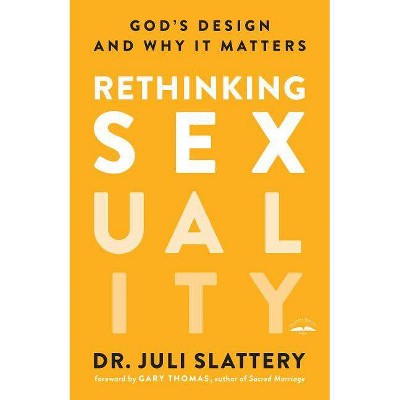Rethinking Hegemony - (Rethinking World Politics) by Owen Worth (Paperback)
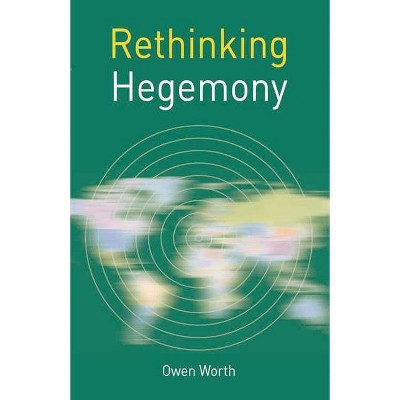
Similar Products
Products of same category from the store
AllProduct info
<p/><br></br><p><b> About the Book </b></p></br></br>"Hegemony has long been a key concept within the study of International Relations, as well as across the social sciences more generally, and a term used by analysts to make sense of contemporary events. Drawing on a rich historical framework, this book traces the different definitions and interpretations of hegemony in world politics and shows that the term continues to be a contested one. It examines and develops traditional ideas about hegemony - from the idea of the strong leading state to the dominance of particular ideologies - through a wide range of approaches including hegemonic stability theory and the work of Antonio Gramsci. Exploring issues such as the role of the state, the changing influence of regionalism and the emergence of counter-hegemonic movements, this book argues that a more nuanced understanding of hegemony is necessary in order to understand the construction of the contemporary world order. Considering a wide range of case studies throughout - from the reputation of the United States as an international leader, to the European Union's regional hegemony and the economic prowess of the so-called BRICS group - this text provides the ideal guide to a multi-faceted term and significant force of both history and the modern age. "--<p/><br></br><p><b> Book Synopsis </b></p></br></br><p>Hegemony has long been a key concept within the study of International Relations, as well as across the social sciences more generally, and a term used by analysts to make sense of contemporary events. Drawing on a rich historical framework, this book traces the different definitions and interpretations of hegemony in world politics and shows that the term continues to be a contested one. It examines and develops traditional ideas about hegemony - from the idea of the strong leading state to the dominance of particular ideologies - through a wide range of approaches including hegemonic stability theory and the work of Antonio Gramsci. <p/>Exploring issues such as the role of the state, the changing influence of regionalism and the emergence of counter-hegemonic movements, this book argues that a more nuanced understanding of hegemony is necessary in order to understand the construction of the contemporary world order. Considering a wide range of case studies throughout - from the reputation of the United States as an international leader, to the European Union's regional hegemony and the economic prowess of the so-called BRICS group - this text provides the ideal guide to a multi-faceted term and significant force of both history and the modern age.</p><p/><br></br><p><b> About the Author </b></p></br></br><p>Owen Worth is Lecturer in International Relations and International Political Economy at the University of Limerick, Ireland.<br>Owen Worth is Lecturer in International Relations and International Political Economy at the University of Limerick, Ireland.</p>
Price History
Price Archive shows prices from various stores, lets you see history and find the cheapest. There is no actual sale on the website. For all support, inquiry and suggestion messagescommunication@pricearchive.us
